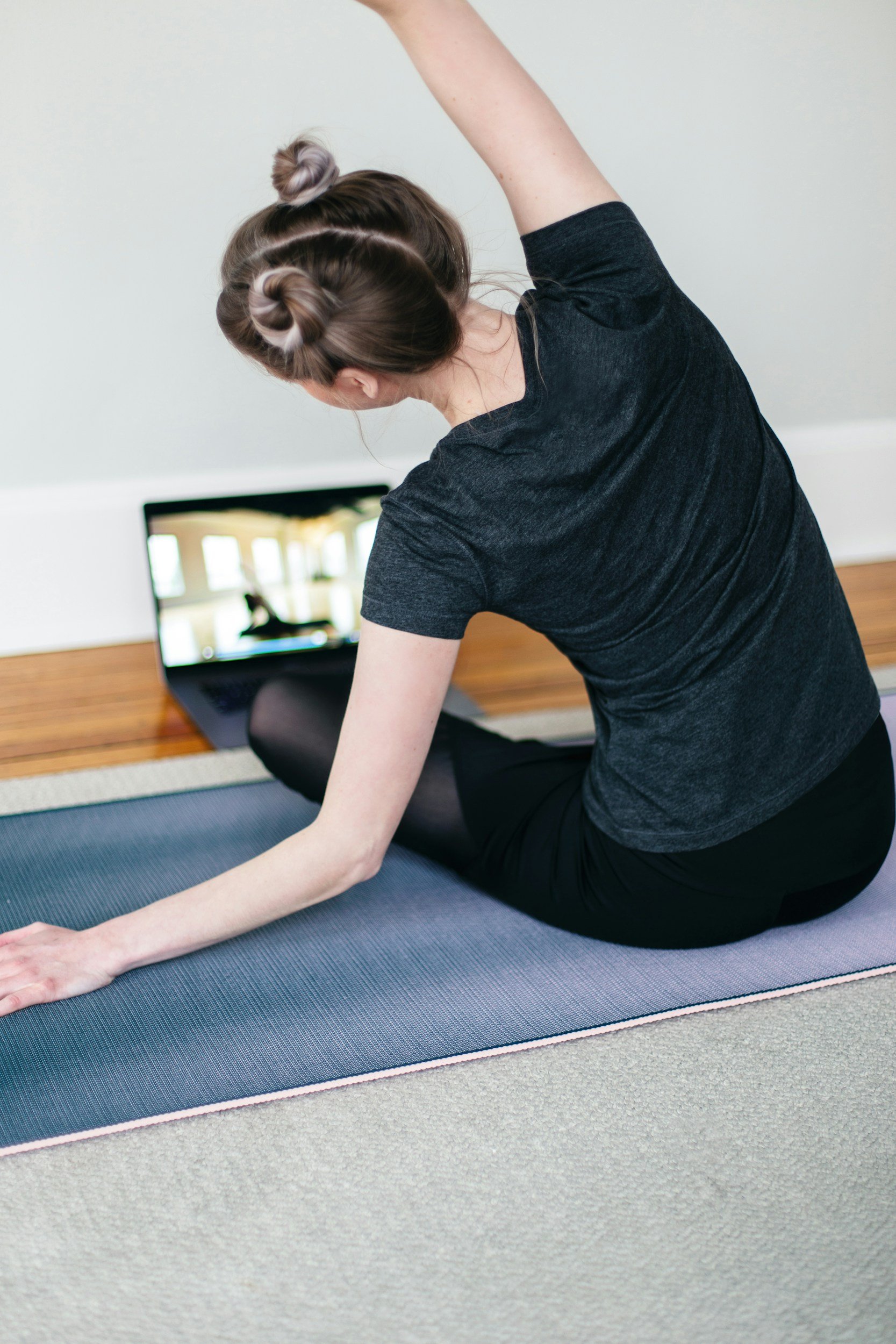Shoulder Concerns After Breast Cancer Surgery
While undergoing breast cancer treatment the focus is understandably on treating cancer and ensuring survival, many women find themselves facing unexpected challenges in their post-surgical recovery. One common issue is shoulder problems, which can arise due to the surgical procedure, post-operative immobilisation, or associated treatments.
If you’re experiencing shoulder pain or limited mobility after breast cancer surgery, physiotherapy offers valuable solutions to help you regain function and improve your quality of life.
Understanding Shoulder Problems After Breast Cancer Surgery
1. Causes of Shoulder Problems
Shoulder issues following breast cancer surgery can stem from various factors:
Surgical Procedures: Depending on the extent of the surgery, including lymph node removal or mastectomy, the manipulation of muscles and tissues can lead to stiffness and pain in the shoulder area.
Immobilisation: Post-surgical recovery often requires immobilisation of the arm or shoulder to allow healing. This can lead to decreased range of motion and muscular weakness.
Lymphoedema: The removal of lymph nodes can disrupt lymphatic flow, leading to swelling in the arm and shoulder, which can cause discomfort and restrict movement. This should always, always, always be reviewed by a trained lymphoedma specialist.
Scar Tissue Formation: Scarring from the surgery can impact the mobility of surrounding tissues, leading to tightness and pain.
2. Common Symptoms
Women may experience a range of symptoms, including:
Pain and Discomfort: Pain may be constant or arise with certain movements.
Limited Range of Motion: Difficulty lifting the arm or reaching overhead.
Stiffness: The shoulder may feel stiff or less flexible.
Swelling: Particularly if lymphedema is present. Again, if this occurs, even if it is fleeting, review with a lymhpoedema trained therapist.
How Physiotherapy Can Help
1. Comprehensive Assessment
A physiotherapist begins with a detailed assessment of your shoulder and overall physical condition. This evaluation includes checking your range of motion, strength, and any areas of pain or swelling. Understanding your unique needs allows the physiotherapist to develop a tailored treatment plan.
2. Pain Management
Physiotherapists use various techniques to manage pain effectively, including:
Manual Therapy: Techniques such as massage and joint mobilizations can alleviate pain and improve joint mobility.
3. Restoring Range of Motion
One of the primary goals of physiotherapy is to restore shoulder mobility. This involves:
Gentle Stretching Exercises: To gradually increase flexibility and reduce stiffness.
Range of Motion Exercises: Specific movements designed to regain full range of motion.
4. Strengthening and Stabilization
Building strength in the shoulder muscles is crucial for recovery. Physiotherapists guide you through:
Strengthening Exercises: Targeting the shoulder, upper back, and surrounding muscles to support better function and stability.
Functional Training: Exercises that mimic everyday activities to improve your ability to perform daily tasks comfortably.
5. Lymphedema Management
Gradual building up exercise levels has not been shown to increase the risk of lymphoedma and can also help train our system to better adapt in times of stress.
6. Education and Self-Care
A physiotherapist provides valuable education on self-care techniques, including:
Posture and Body Mechanics: Teaching proper posture and movement techniques to prevent additional strain on the shoulder.
Home Exercise Programs: Personalized exercise routines to continue improving shoulder function at home.
Take the Next Step Towards Recovery
If you’re struggling with shoulder problems after breast cancer surgery, seeking the help of a physiotherapist can make a significant difference in your recovery journey. By addressing pain, restoring function, and screening and managing lymphedema, physiotherapy helps you regain control over your body and improve your quality of life.
Contact me today to schedule a consultation and discover how physiotherapy can support your shoulder health and overall recovery. Let’s work together to help you move forward with strength and resilience, embracing a healthier and more active life.


